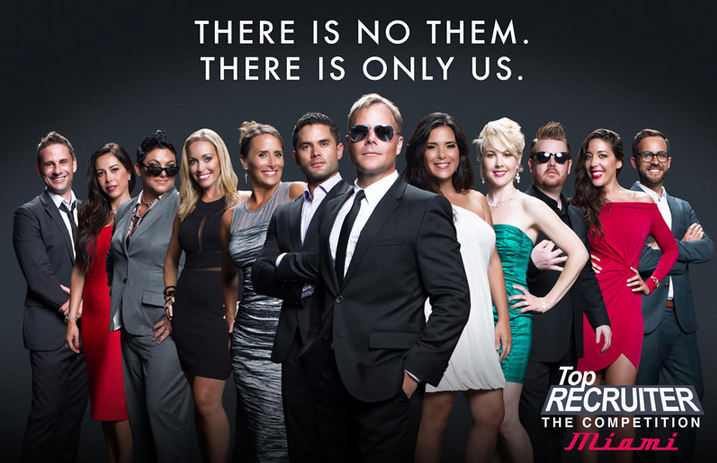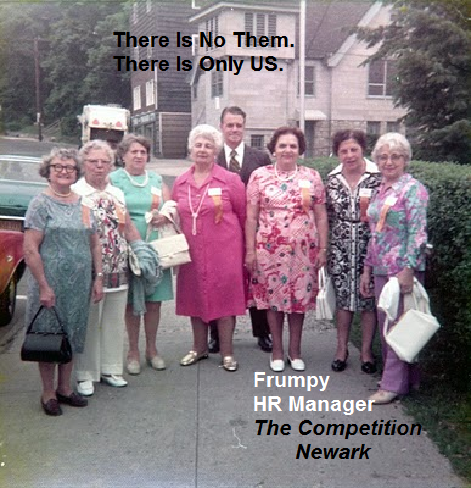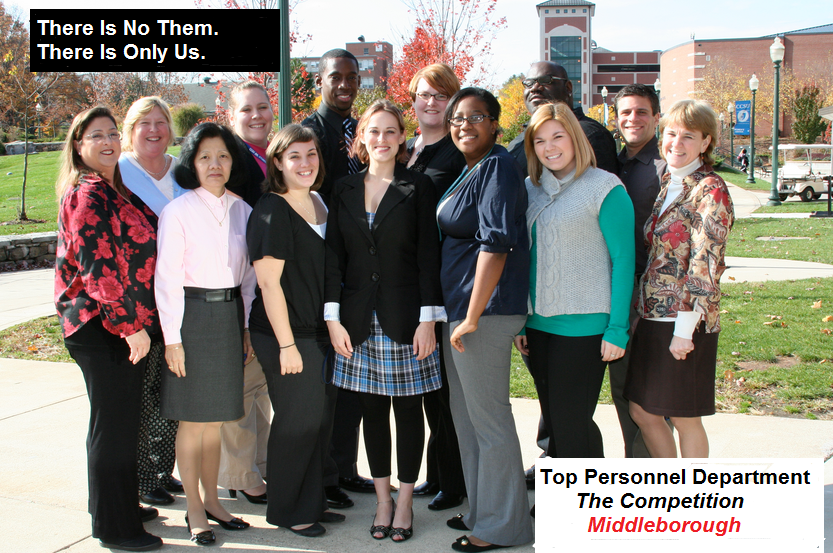There is a phenomenon that I find completely hysterical. It’s this little game we play in our culture. You go and accept a new position, with a new company. You come back to your current employer and you put in your notice. Your boss instantly says, “where are you going?” You replay with, “I’d rather not say.”
Happens, Right? Almost 100% of the time.
So, you wait the two weeks, or whatever notice it was, and the very next Monday the person updates their LinkedIn profile and posts on Facebook where they actually went.
I find this ‘dance’ we do very, very funny.
Look, I get it. Your employees believe one of five things will happen to them if they tell you where they are going:
1. You’ll magically find some way to screw me over, because you’re upset I’m leaving you. Jealous girlfriend style. This one is almost never happens, but it’s the first one that comes to mind for most employees! Look, if I had that much power to screw over everyone who worked here, I wouldn’t be working here!
2. I’m not telling you because for once in this relationship, I finally have the power! This is the real reason, for most people! You just sound like a complete freak if you actually verbalize it out loud! I actually understand this one from a psychology position. If you don’t feel you have control, then you get control, you’re not going to give that up easily!
3. You’ll judge me for the company I’m going to. Either way, you’re going to judged, so this is completely true! Most organizations are like family. If you decide to leave the family, for that crackhead family down the block, I’m going to judge you! Plan on it.
4. You’ll judge me for the position I’m going to take. See #3. This one probably has less merit. I was one of these people. I had in my mind a certain ‘title’ I needed to get to, so I moved around a bit in my early career, chasing titles. Then one day you wake up and realize it’s baloney. Just pay me.
5. It’s always been done that way in our culture, so let’s keep it going! This is also a large part of what’s going on in these situations. I took a new job. The people before me didn’t say where they were going, so I’m shouldn’t either!
My take is that you have to do you. You don’t want to tell anyone, that’s fine, they’ll all know in about 14 days anyway. If that makes you feel all big and powerful for a few weeks, great! We should feel that way from time to time.
For myself, I have friends at every company I every worked for. Also, I wanted to maintain a professional relationship with the leaders of the organizations I’ve been with. I told people where I was going. We talked about it, and I tried to help them understand if it was just me, or if it was them. Ultimately, how can we leave this point in our lives better than we found it.
My way isn’t the correct way, it’s just my way. Everyone has to make this decision for themselves, but I’m still going to laugh at it when I hear “I’d rather not say”.



